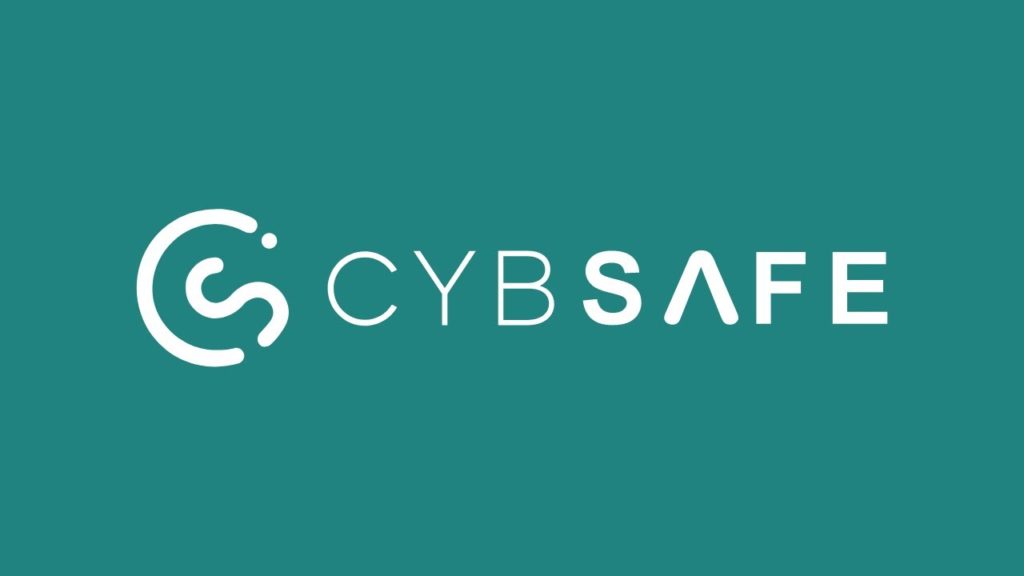Extensive new research released from the National Cyber Security Alliance (NCA) and CybSafe has given unique insights into the general public’s opinions and behaviours regarding cyber security.
The ‘Oh, Behave! The Annual Cybersecurity Attitudes and Behaviors report’ gathered information from 3000 individuals across the UK, US and Canada, highlighting worrying trends on issues from password hygiene and phishing to romance scams and the availability of training.
The report displayed a significant increase in fraudulent activity online, with more than 1 in 3 respondents (36 per cent) saying they have lost money or data due to a phishing attack. A majority of people (57 per cent) said they were worried about online security. Furthermore, 59 per cent agreed they were the person most responsible for protecting themselves.
Despite this caution, however, 43 per cent of people felt they were ‘likely to become a target of cybercrime’, 46 per cent felt frustrated about staying secure online, and 35 per cent of respondents even thought they were automatically secure online.
The report provides a wake-up call for those spending time online, or the vast majority, with 45 per cent of respondents being connected to the internet at all times.
Despite the worrying aspects of the analysis, there are signs of improving behaviour. Looking into respondents’ conduct in relation to specific security behaviours, 64 per cent reported creating a unique password either ‘all of the time’ or ‘the majority of the time’. 63 per cent of participants also ‘always’ or ‘very often’ installed the latest updates and software. Finally, 62 per cent have turned on their automatic updates.
On the other hand, significant work must be done to highlight the importance of other security behaviours. For example, 43 per cent of people have not even heard of multi-factor authentication, only 27 per cent always report the phishing emails they receive’ and less than half (43 per cent)’ always’ or’ very often’ back up their essential data.
Oz Alashe, CEO and Founder of CybSafe, said, “One of the biggest misconceptions is the belief that people are the weakest link in cybersecurity. The combination of evolving threats coupled with more people accessing the internet daily for work and recreation means people-related cybersecurity risk must be reassessed. It also makes education and implementation of fundamental cybersecurity practices more important than ever before. MFA, password managers and other ‘basic’ cybersecurity best practices have been shown to be incredibly effective in thwarting cyber criminals, yet adoption continues to be a big problem. We need to find a way to break through the age-old misperceptions that these steps are annoying or cumbersome and replace them with the facts: these tools can significantly lower the chances of becoming a cybercrime victim.”
Lisa Plaggemier, Executive Director of the National Cybersecurity Alliance, added, “We are nearing a point where everyone will be connected to the internet all the time, and unfortunately, that means everyone has the potential to be vulnerable to basic cyberattacks. Businesses, organizations, schools and even friends and family need to make the adoption of security behaviors a priority. Increasing adoption and eliminating setbacks during the overall process of remaining safe and secure needs to be an all hands-on deck approach.”
To see the extensive data available in the ‘Oh Behave!’ report, please follow this link: https://www.cybsafe.com/whitepapers/cybersecurity-attitudes-and-behaviors-report/





